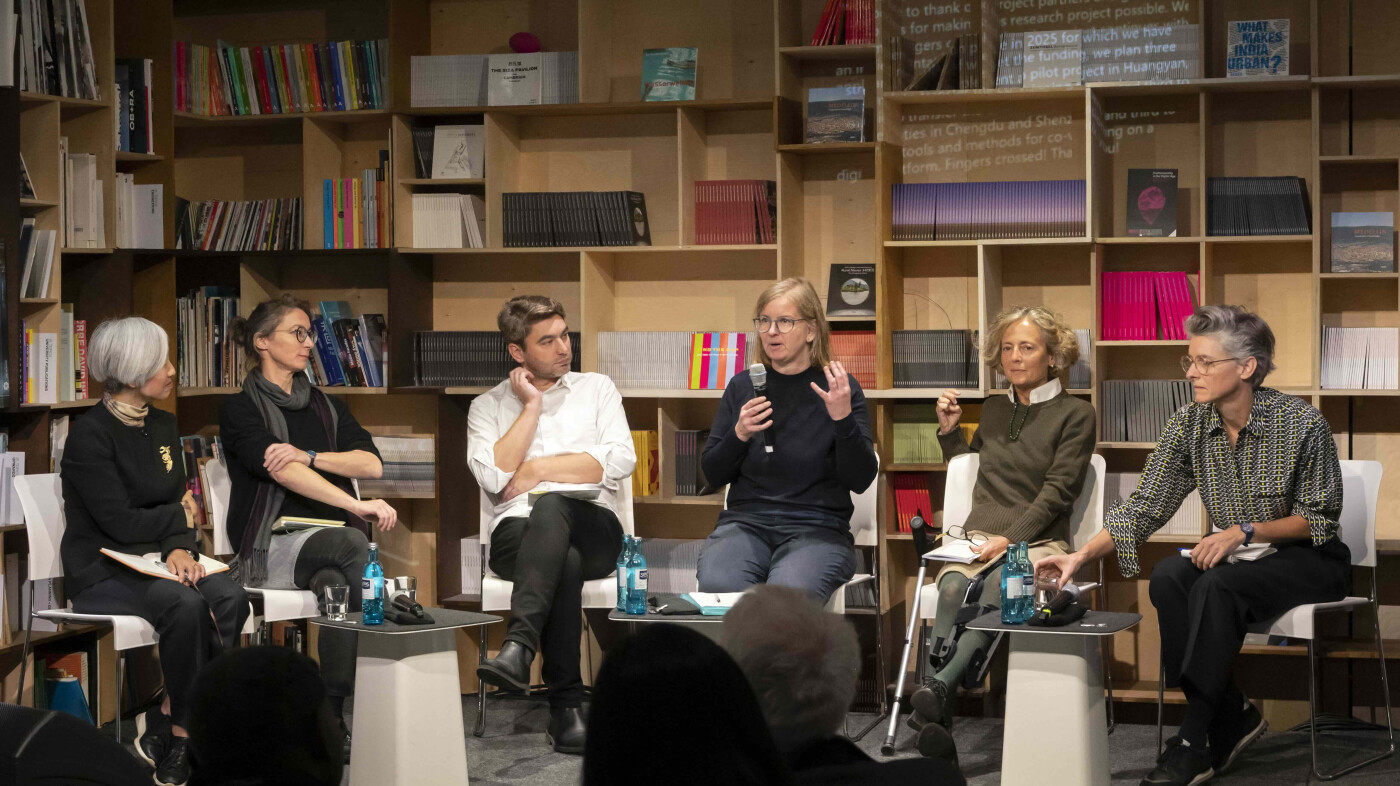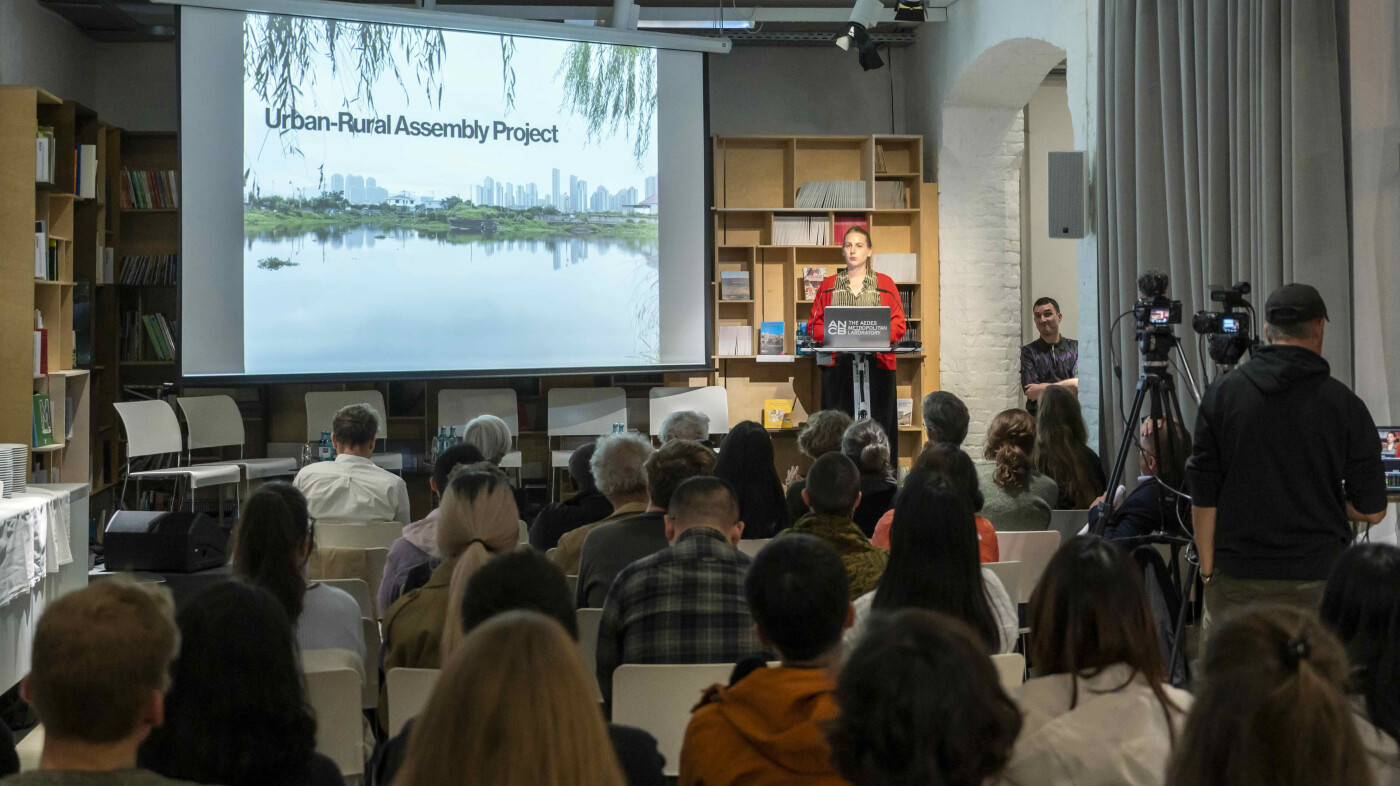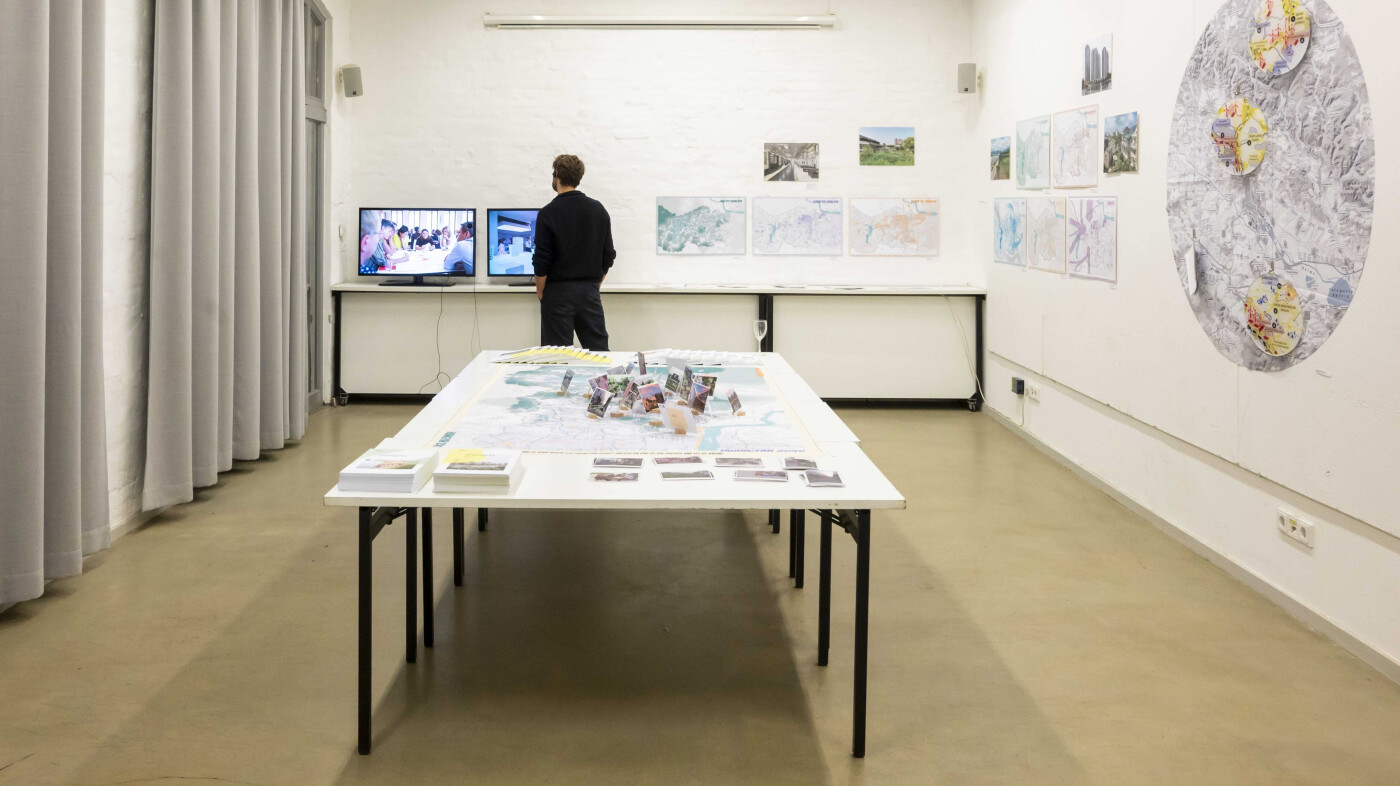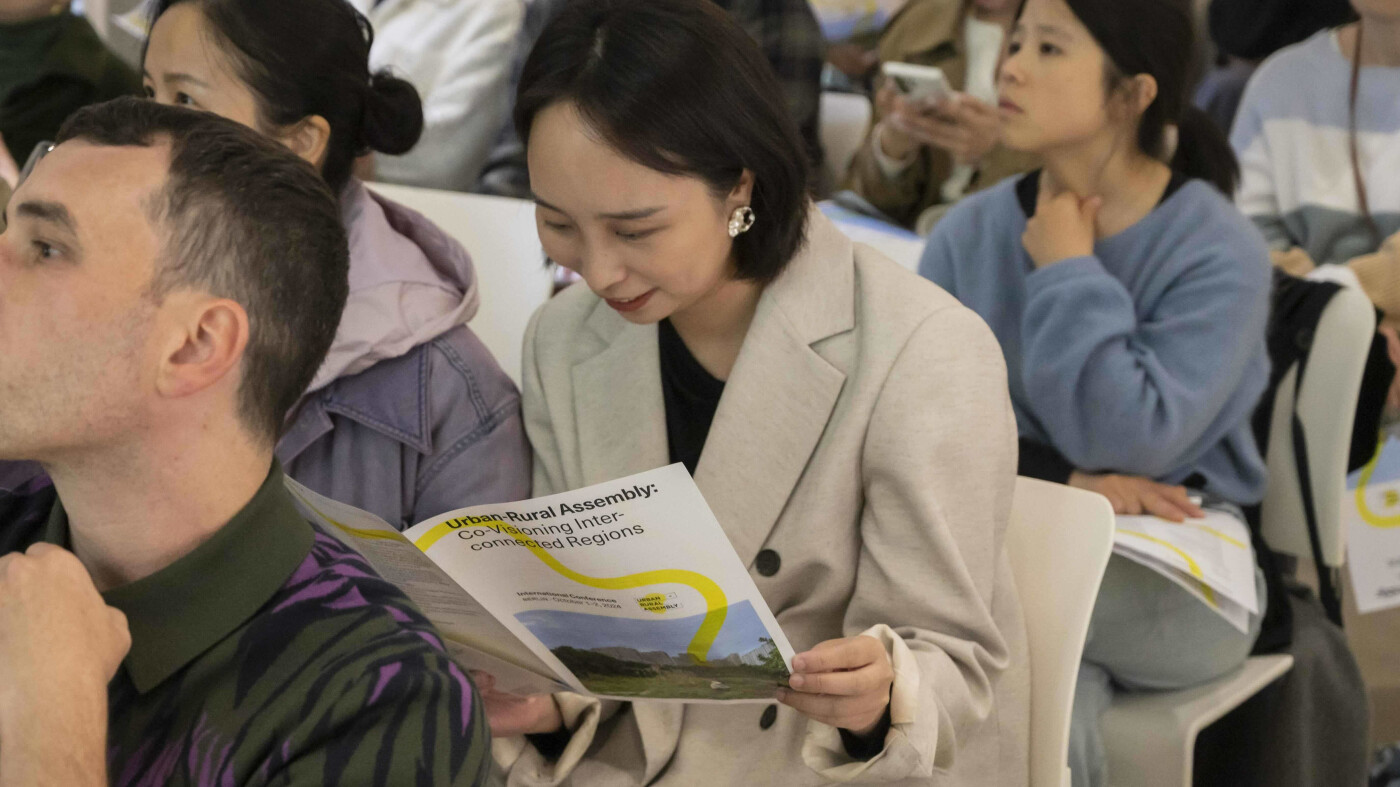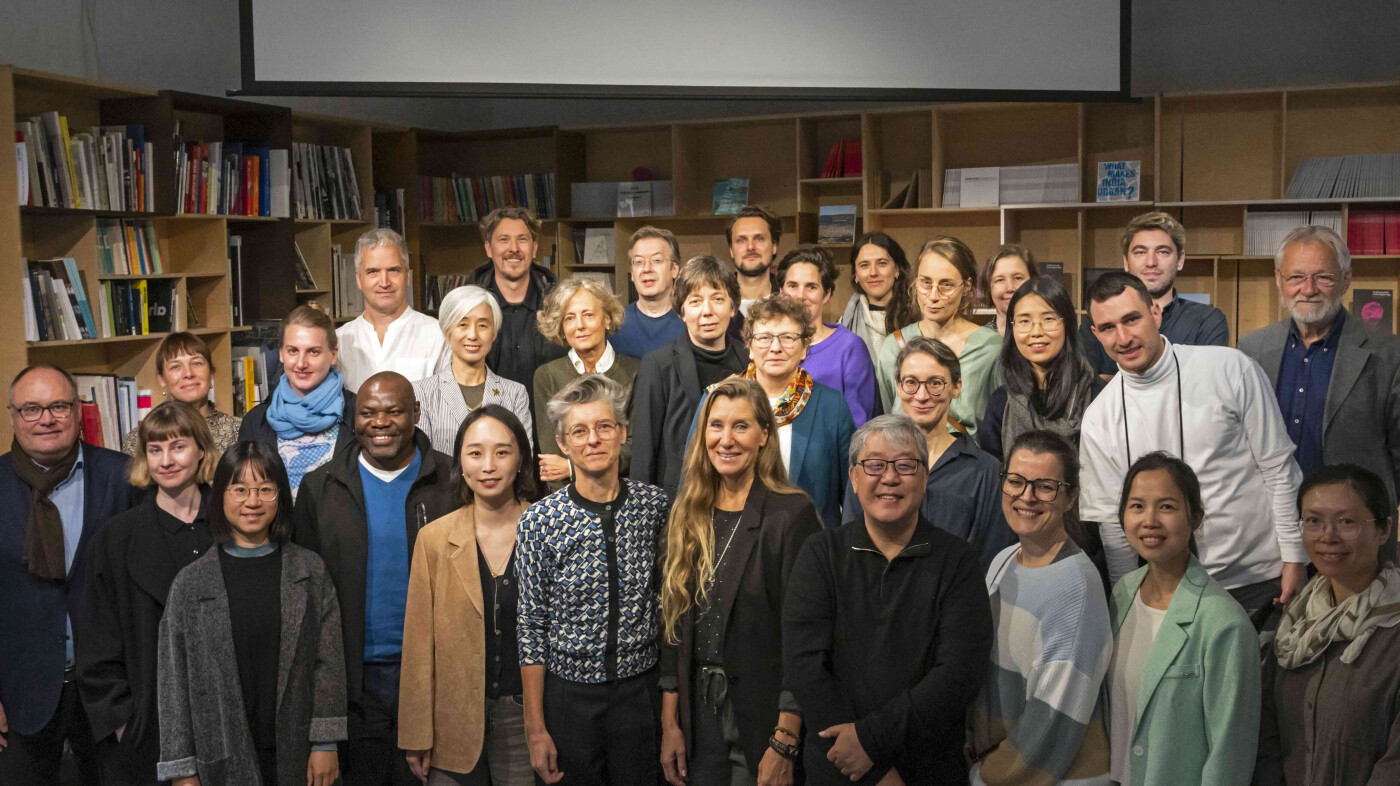Review: Urban-Rural Assembly Conference "Co-Visioning Interconnected Regions"
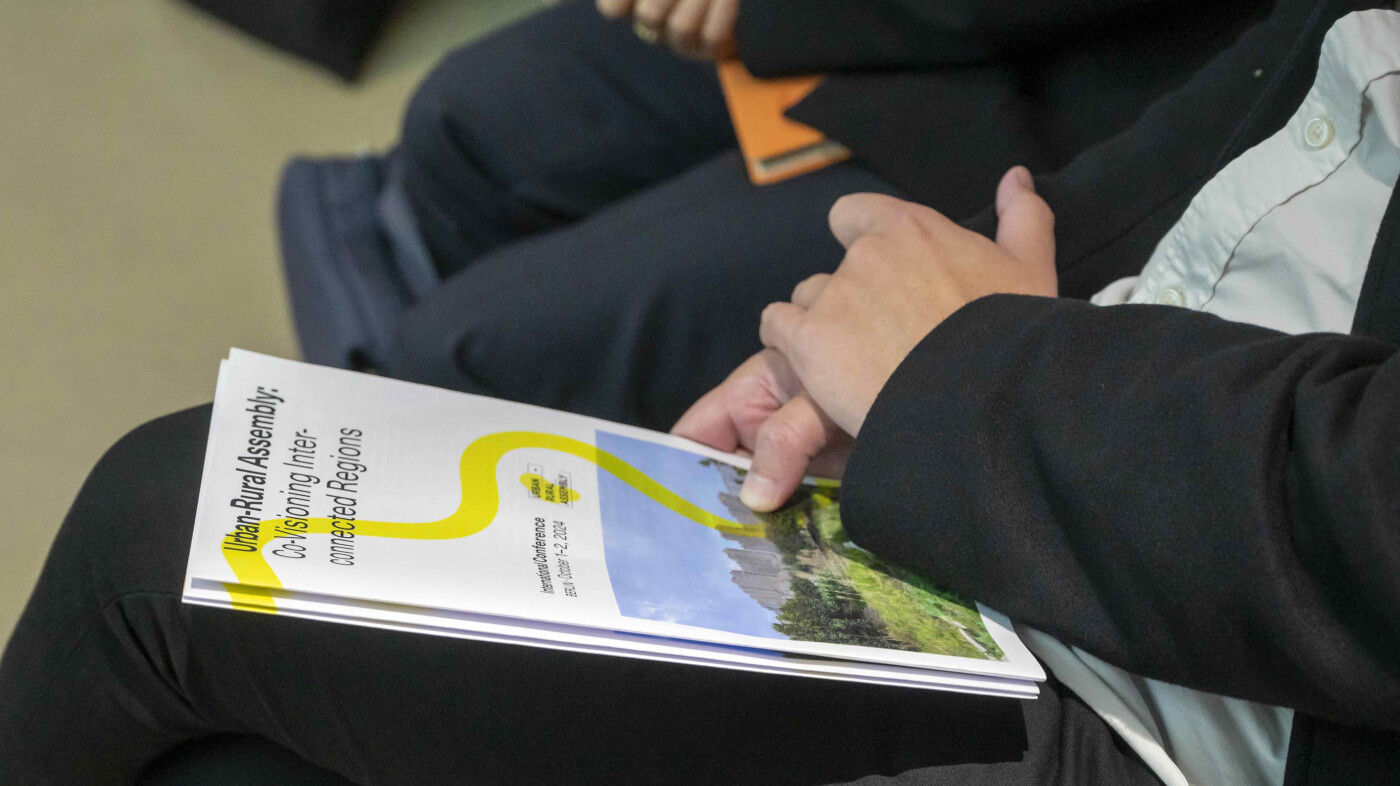
The international conference of the Urban-Rural Assembly project, held at Aedes in Berlin on October 1-2, 2024, marked the conclusion of five years of collaborative research on urban-rural linkages. It provided a platform to bring together international experts, researchers, and practitioners to reflect on interrelationships and metabolisms between urban and rural areas.
The event opened with welcome notes from representatives of Aedes, TU Berlin, UN-Habitat, and Tongji University, setting the stage for an in-depth exploration of urban development while emphasizing a holistic approach to addressing global challenges such as climate change and socio-spatial inequalities.
Three keynote presentations gave insights into ongoing transitions in urban and rural landscapes. Paola Viganò (EPFL Lausanne) introduced 'Laboratories of the Transition: The Biopolitical Garden,' framing socio-ecological transition as a biopolitical project that promotes affirmative action and emancipation. Nikos Katsikis (TU Delft) critiqued the operational landscape mode of production, advocating for a multi-scalar approach to planetary urban metabolism that transcends capitalocenic models and addresses postcolonial inequalities. Liu Jian (Tsinghua University Beijing) focused on the rural decline and urban-rural disparities in China due to rapid urbanization. She called for urban-rural integration as essential for addressing these challenges in an increasingly urban society.
Central to the conference was the presentation of findings from the URA project, exploring rapid socio-spatial transformations in the Huangyan-Taizhou region in China’s Zhejiang Province. The research team elaborated on their work in two Urban-Rural Living Labs focusing on resource distribution, ecosystem restoration, and social equity. Special attention was given to the co-visioning process which was a central part of the Urban-Rural Assembly project.
To round up the first day, a panel discussion on "Urbanism Beyond Cities" underscored the need to shift from viewing cities as isolated entities to recognizing rural areas' vital contributions to resource provision and ecosystem maintenance.
On the second day of the conference, roundtable discussions addressed key themes of urban-rural integration. The first roundtable, "Interconnecting People," explored socio-economic challenges in creating inclusive environments and emphasized community engagement. The second roundtable, “Interconnecting Ecosystems,” focused on the environmental impacts of extended urbanization. It discussed the need to reconnect ecosystems and infrastructure across urban-rural divides, emphasizing strategies for restoring green-blue infrastructure and the essential role of territorial planning. The third roundtable, "Interconnecting Resources," addressed safeguarding critical resources in achieving climate-friendly urban futures by examining how resource cycles can promote sustainable and equitable distribution. The final panel, “Co-Visioning Interconnected Regions,” explored strategic planning for sustainable transitions. Key discussions focused on engaging diverse actors and enhancing co-visioning as relevant instrument for urban-rural governance from a global perspective. Together, these key themes demonstrated that a holistic, interconnected approach is essential to building resilient and climate-friendly urban futures.
The conference was jointly organized by the Habitat Unit at Technische Universität Berlin and the Institute of Landscape Architecture at Zhejiang University. The URA project is sponsored by the Federal Ministry of Education and Research. Project partners include UN Habitat, Bauhaus-Universität Weimar, Leibniz Institute for Ecological Urban Development, ICLEI East Asia, Tongji University Shanghai, Zhejiang University, Shanghai University, Urban Catalyst, and Forward Planning and Research.
